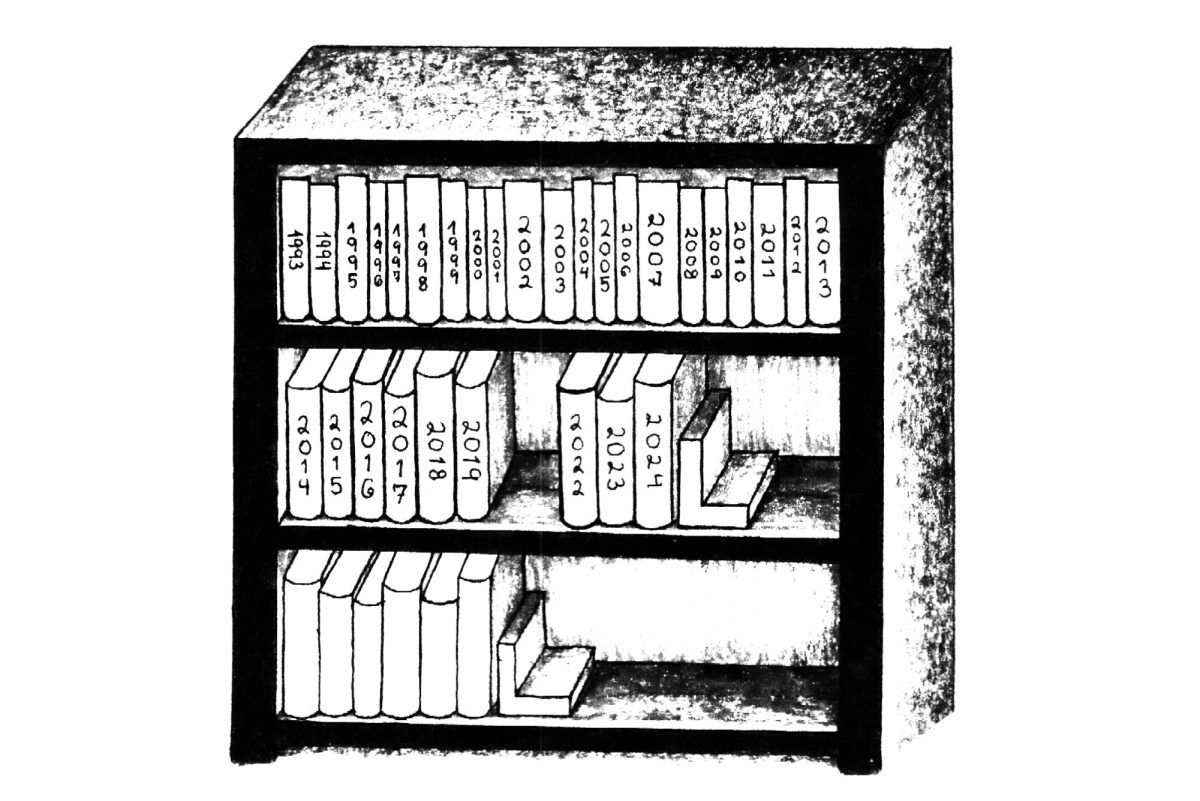Universities nationwide are rapidly moving from candor to canned statements.
Colleges are a playing ground for fresh ideas. On Friday, Ithaca College announced the implementation of a new media policy that will require reporters to go through media relations officers every time they interview administrators, adding a level of filtration.
The move mirrors the 2010 expansion of GW’s media relations office – one that now has six staffers who manage and maintain messaging for the University by sitting in on interviews with high- to mid-level administrators and approving a large portion of email exchanges.
Additional filters to information at universities do not necessarily blockade a news organization from the truth. But when administrations become so consumed with maintaining image, the free flow of information falls to a culture of control over the conversation.
Public relations offices are created to expedite and filter information. In this climate of 24-hour news cycles and Internet outlets that seem to make faux pas easy and frequent, many organizations nationwide are intensifying their media relations divisions.
But the danger becomes great when information is curbed, clipped or censored for the sake of public relations.
Student journalists often act as universities’ sole watchdogs. As media relations divisions ramp up their barriers to information – administrators requiring quote review, frequently declining to comment on university matters or outright demanding a paper to remove content – the quality of coverage suffers.
The decreasing level of candor at universities has become a concern nationwide. The University of Georgia’s independent student newspaper, The Red and Black, saw the national spotlight when its board of directors tried to exercise more editorial oversight. The Harvard Crimson recently banned quote review – a policy that forced journalists to send quotes back to administrators for approval before they could run. The Daily Princetonian announced last week that reporters would no longer conduct interviews over email, saying the practice lacked the clarity and honesty of off-the-cuff conversations that are crucial to effective reporting, and comments would come back devoid of real meaning.
The rising control nationally from media relations offices has implications that reach further than just student journalists.
It means the community knows less about security on campus. It means the faculty knows less about distribution of administrator pay. It means students strapped with loans know less about where their hefty tuition dollars go.
And we cannot help but be disheartened to see the nature of dialogue between administrators and student journalists shift away from the highest level of transparency.
This editorial was updated Oct. 3, 2012 to reflect the following:
The Hatchet incorrectly stated that the University of Georgia’s administration tried to exert editorial pressures on the student newspaper The Red and Black. The paper’s board of directors actually pressured the staffers, not the administration, regarding its content.




